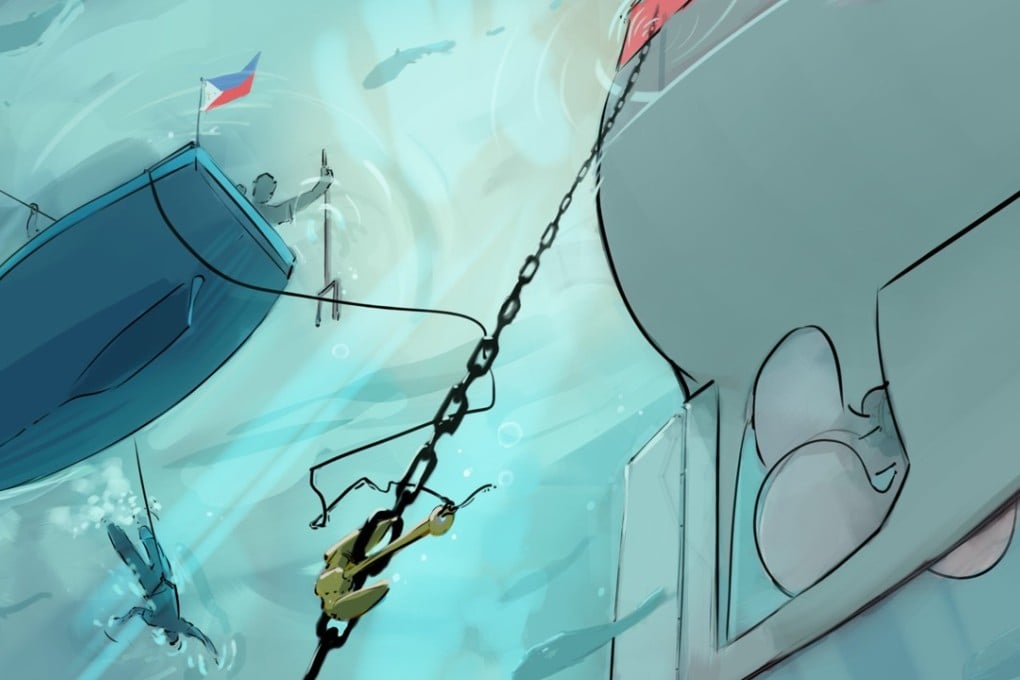Advertisement
Compromise needed in the Philippines over its South China Sea policy
Mark J. Valencia says the Philippines needs to find some balance in its South China Sea claims – both with Beijing and in its own domestic politics, to prevent the dispute between idealists and realists from paralysing the country
Reading Time:4 minutes
Why you can trust SCMP
0

Philippines domestic politics is currently racked by a polarising debate over its policy on China’s claims in the South China Sea. Both sides’ arguments have merit and hopefully an interim compromise can be reached, though it will be difficult.
The Philippines, under then president Benigno Aquino, brought the dispute before an international arbitration panel set up under the auspices of the UN Convention on the Law of the Sea (UNCLOS). In July 2016, the panel ruled overwhelmingly in the Philippines’ favour. However, the new Philippines president, Rodrigo Duterte, abruptly pivoted foreign policy away from the United States, and did not seek to take immediate advantage of the panel’s ruling. Instead, he forged better relations with China, gaining Beijing’s political cooperation and economic largesse. But this policy shift outraged international and domestic legal idealists, as well as Philippine Americanophiles and nationalists, sparking bitter opposition and a polarising domestic dispute.
According to the July 2016 arbitration decision, China’s “nine-dash line” historic claim to a large part of the South China Sea and its resources is not in consonant with UNCLOS and thus legally invalid. This means the Philippines’ claims to resources within its claimed maritime zones – like the fisheries outside the territorial sea around Scarborough Shoal and any oil or gas under the Reed Bank – are its alone.
But China disagrees. It refused to participate in the arbitral proceedings or to accept the result. That means China’s claims to the area and the features and resources within it still stand, and it has made clear it will defend them to the full – against the Philippines and anyone else. Indeed, its recent actions and words regarding the South China Sea directly defy the arbitration decision and rival claims. In sum, China – like big powers before it – has showed it can and will defy international law.
How China is quietly increasing its ability to wage war at sea
The Philippines domestic dispute has become emotional, with some calling Duterte’s position “appeasement”. Supreme Court Justice Antonio Carpio, a member of the team that brought the question of the validity of China’s claims to international arbitration, said: “Let it not be said by future generations of Filipinos that today’s generations ... slept while China seized the West Philippine Sea”.
Advertisement